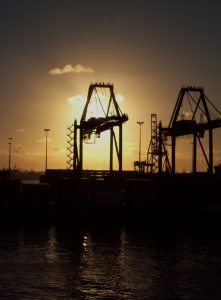
- Industries
Case Studies
Industries
- How It Works
- Contact
- About Us
- Alliances
SREUS Energy founders have already worked with several island nations on energy issues. SREUS units would be greatly welcomed as nearly all the 22,000 inhabited islands have both power and water needs, as well as trash mitigation. In the developing world, there are hundreds of thousands of struggling communities that could benefit from SREUS instillations.

One man’s trash is another man’s treasure. Well, in this instance, perhaps your trash could be your treasure… When it comes to producing power and clean water using the SREUS system, there are many fuels that can power it:
We would love to discuss how this technology could benefit your industry!
Copyright 2020 SREUS Energy All rights reserved